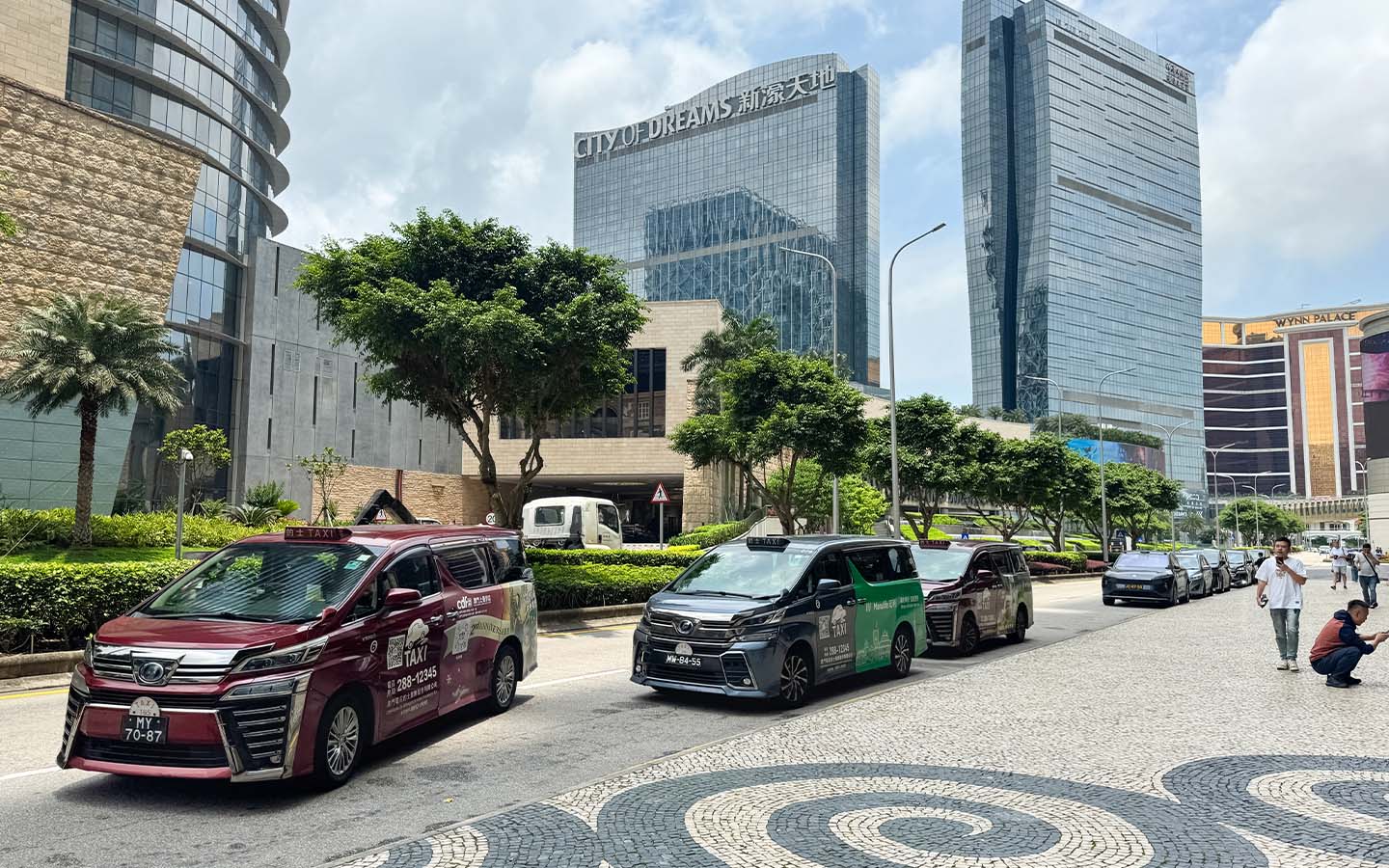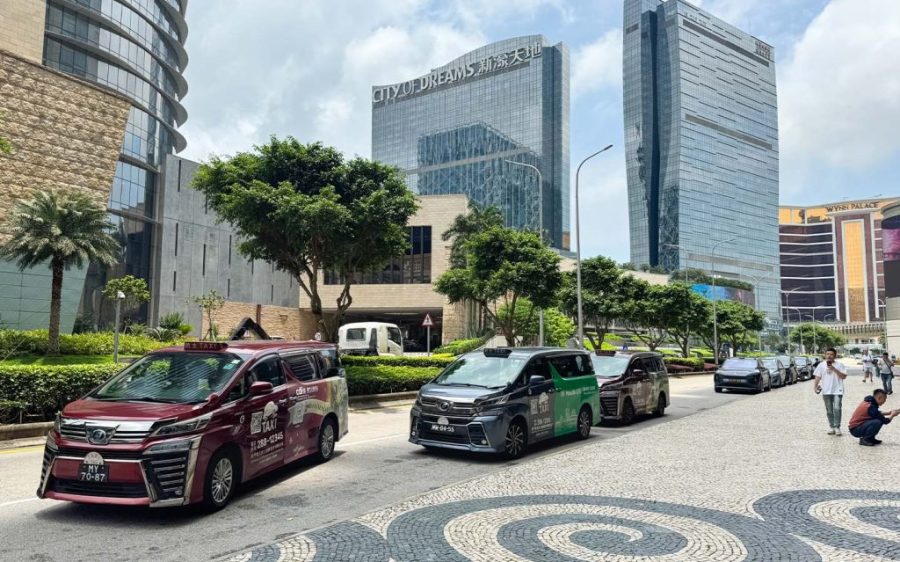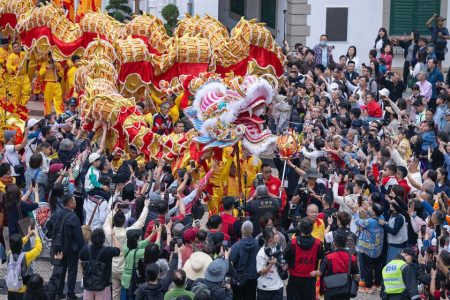The Macao government is “actively promoting research on expanding online taxi services,” according to a written statement by the Transport Bureau – possibly signally a softening of its previous position against ride-hailing apps. The statement was made in response to a written question from legislator Ron Lam.
In the statement, the Transport Bureau claims to have “consistently strived to maintain a stable taxi fleet”, having commissioned academic research into the volumes of taxis required in the city. It now says it plans to introduce standardised regulation for such platforms, according to the statement. “Further information will be announced in due course,” it wrote.
Macao’s taxis are notoriously hard to get: according to the Transport Bureau, there are only 1,763 taxis in operation in the city, and they are expected to cater to hundreds of thousands of residents and visitors. To make matters worse, hundreds of cabs are going to be taken off the streets when their licenses expire this year.
[See more: Macao faces taxi crunch as 400 cabs set to exit by September’s end]
Ride-hailing app Uber has previously attempted to enter the Macao market but was classified as an illegal service. The company halted after two years of operations in 2017, after drivers racked up an estimated 10 million patacas (US$1.2 million) in fines.
In 2023, then-Chief Executive Ho Iat Seng indicated in-principle support for ride-hailing services but said that preparation would be necessary to navigate the legal implications. Earlier this year, the Transport Bureau also indicated openness to the possibility of “updating” laws banning ride-hailing services in response to a question by lawmaker Leong Sun Iok.
The SAR currently permits on-demand taxi services such as Black Taxi and Macao Radio Taxi; however, only 300 taxis are licensed for online booking. Additionally, strict licensing requirements make it impossible for prototypical rideshare apps to operate.






